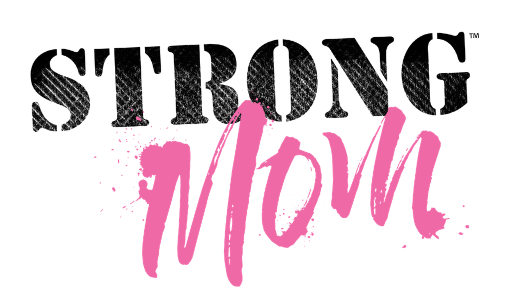I sat in the restaurant with tears streaming down my face talking to a friend venting to her about how exhausted I was being a mother.
I was just so tired of mothering.
That’s the only way I could describe it.
I was just tired of being a mother and having to be ON all the time. You probably know what I’m saying!
That was last winter.
And this winter I’ve been feeling the same way.
Winter weekends are stressful for me.
Being home as a family with the kids, stuck indoors for most of the day.
I have a ton of work to do; the dishes, laundry, meal prep, grocery shop, oh and get some “work work” client stuff done.
But here I am with the kids trying to keep them occupied; trying to keep my cool while my 2 year old we’ve nicknamed “Mr Destructo” makes a mess of everything he touches.
I’d rather be shovelling the driveway, but my hubby is already out there taking care of that. And I’m indoors with the kids dreaming about cleaning the toilets in solitude. (HA, I never thought I’d ever say that!)
I just feel so overwhelmed.
On the outside I look like I got it all together. My friends call me supermom cause all of our food is homemade, I exercise 5 days a week, I own my own business and generally have my shit together.
But the winter. The winter hits me hard. And it makes me feel blah.
It doesn’t matter how busy our weeks or weekends are in the spring and summertime, I’m as happy as can be.
Why such the mental shift based on season?
It’s called Seasonal Affective Disorder. SAD for short, which is a recognized mental health disorder.
You can get more information and research about SAD here.
But if you resonate with what I feel like in the winter months keep reading.
I started to think back at my month and narrow down what changes had occurred. It was just before the holidays, we were at my parents and I wasn’t taking my supplements like usual. I missed almost a whole week of my fish oil and Vitamin D supplements. That was it. I remember even before I had kids I experienced SAD Seasonal Affective Disorder and supplementing with Vitamin D substantially helped me.
Of course I started back on my Vitamin D and fish oil supplements as soon I figured out I was forgetting to take them, and then I started to wonder if there was something else nutrition wise that I wasn’t including in my diet.
So today I want to share with you some key nutrients that help promote better moods and may even help you with your winter blues and SAD.
B vitamins- such as B6, B9 (folic acid) and B12. People who tend to be low in B vitamins are more likely to have mental health issues. With folic acid in particular the connection may be due to our bodies ability or inability to convert folic acid into the active form called L-methylfolate. (Interestingly many people with mental heath issues are unable to convert folic acid into its active form.)
Foods we can get B vitamins from include: tuna, turkey, chicken, beef, salmon, sardines, tuna, cod.
Foods we can get folate from include: lentils and beans, asparagus, spinach, broccoli, avocado
*You can also purchase Vitamin B Complex in pill form.
Vitamin D: Known as the sunshine vitamin. There is growing evidence that people who tend to be low in vitamin D also have more mental health symptoms. And some studies show that Vitamin D supplementation can improve mood scores and reduce mental healthy symptoms.
The best way to get it: sunshine and vitamin D supplementation. It can be found in very few foods including: salmon, sardines and tuna.
Omega 3s: some studies suggest that omega 3 fats specifically those found in fish and fish oil have mental health benefits. Researchers suggest it may be related to their effect on serotonin receptors (aka our feel good neurotransmitters)
Foods that contain Omega 3: seafood, nut & seeds, legumes, leafy greens
So if you’re feeling the affects of this cold weather, lack of sunshine and warmth on your skin, make sure to pay attention to the nutrients you’re consuming and include foods I’ve listed above, and ensure you’re eating food to balance your blood sugar. That means making sure you don’t get to the point of feeling “starved”, making sure you stay away from sugar, caffeine, alcohol, artificial sweeteners and simple carbohydrates which spike your blood sugar making you feel an emotional high for a short period of time, only to come crashing down not soon after.
I’d like to know, how do you deal with the winter blues?
Note: None of these are a substitute for professional medical advice. If you have any of these conditions, make sure you’re being monitored regularly by a licensed healthcare professional.
In Fitness & Nutrition




